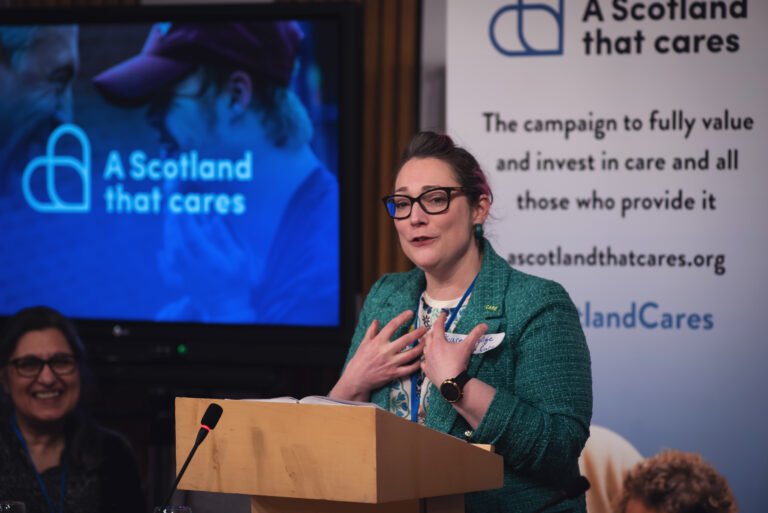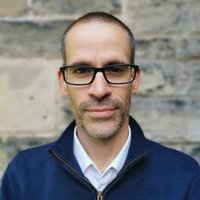Photo: Alasdair Watson/Oxfam
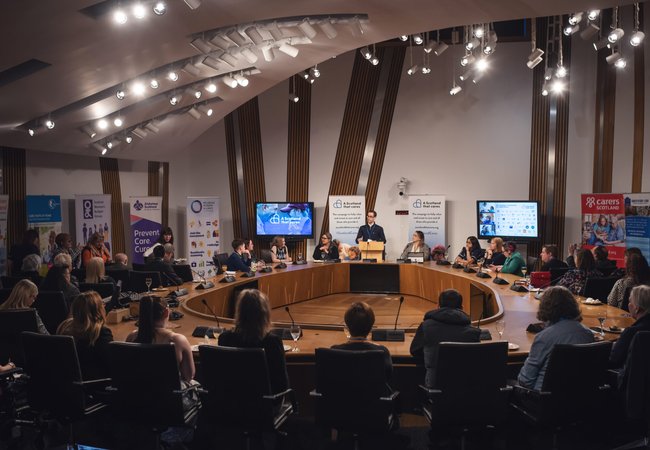
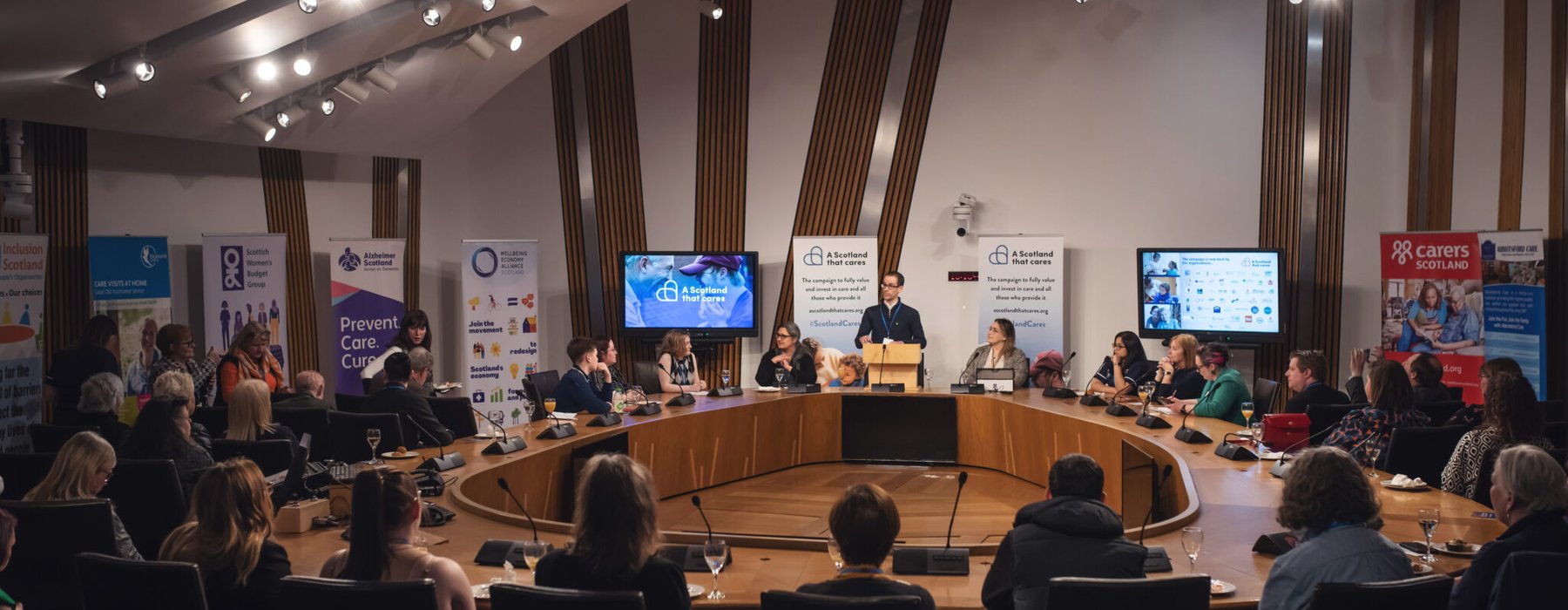
A Scotland that Cares at the Scottish Parliament
“If you guys don’t know what we’re struggling with, how are you supposed to fix it?”
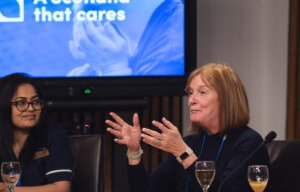
Diane McKechnie from Aberdeen has been an unpaid carer for the last 12 years for her husband, now diagnosed with early onset Alzheimer’s, having had to give up working as a paid care worker.
“I don’t feel valued at all. I do by my family: they’ve been a great support. But it really annoys me when professionals say to me ‘you’re saving social care thousands of pounds by keeping your husband at home’. It’s so patronising. What are they doing with the thousands of pounds that are being saved? We don’t see it.”
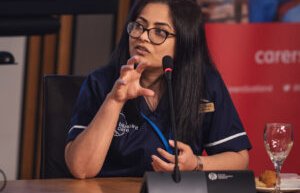
Tanzeela Majid, who became a social care worker in 2021, said: “I wish there would be more support, appreciation and recognition for social care workers.
“When I came to Scotland from Kashmir, I helped my mother who was diagnosed with cancer and I looked after her for the last five years until the end of her life, while looking after my two kids.
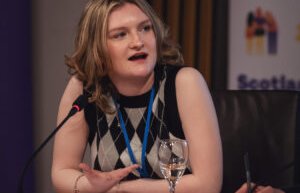
Max Green has been a young carer since she was five, looking after her dad and her brother, both of whom have health conditions, and now her mum, and is a member of the Scottish Youth Parliament for Carers Trust Scotland.
“So many young carers feel so isolated. Young carers need to have visibility, they need to be heard. To be seen. And to get the chance to say ‘this is going on’ – and get listened to and something happens.

Lindsay McCurly, the single parent from Glasgow, said: “People forget you’re a person as well. You had hopes, you had dreams.
“I had intended to be a teacher because teachers change lives. It can make me feel quite sad to think of the children that I couldn’t help, because I had to stay at home and be a carer.
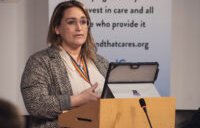
The event was hosted by Karen Adam MSP, the SNP representative for Banffshire and Buchan Coast, who spoke about her experiences caring for a family member and as a mum of six children.
“As a carer, I wanted to be counted, along with my cared for person, and I wanted our full experience to be counted.
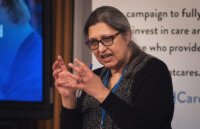
Satwat Rehman, from One Parent Families Scotland, noted that: “Every single one of us have an experience of being cared for, or of caring for somebody else – and, if you haven’t, at some point in your life, it probably will happen. But it also strikes at the heart of the type of country we want to live in: one that does care for people, one in which empathy and that invisible network of support are recognised.
